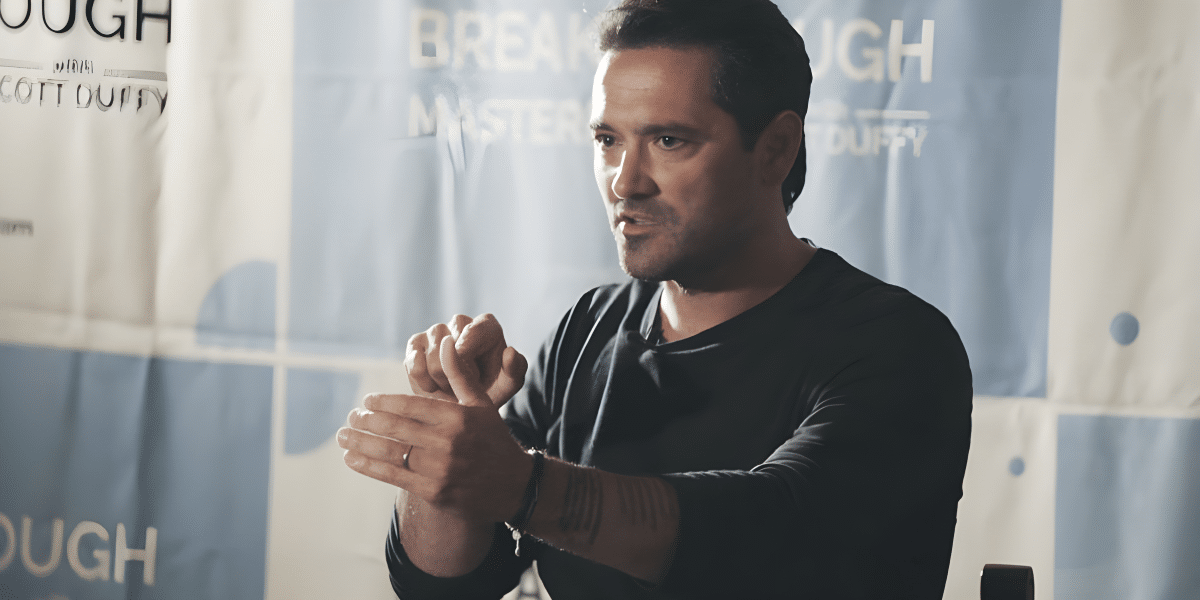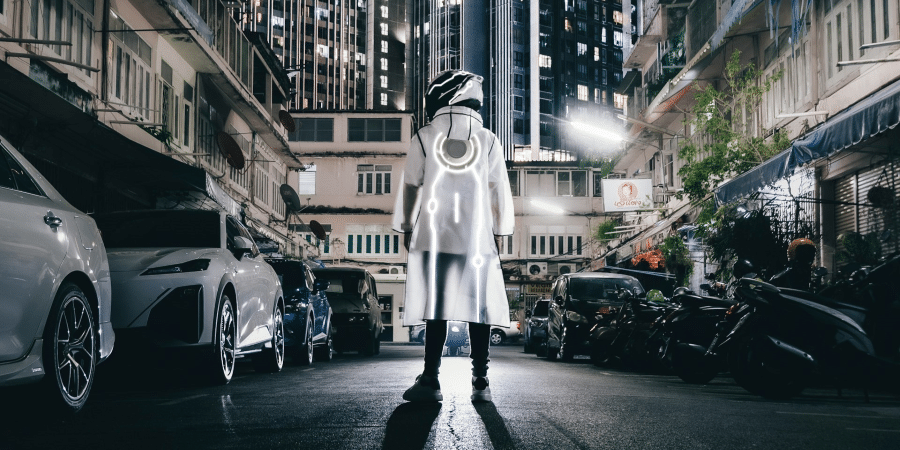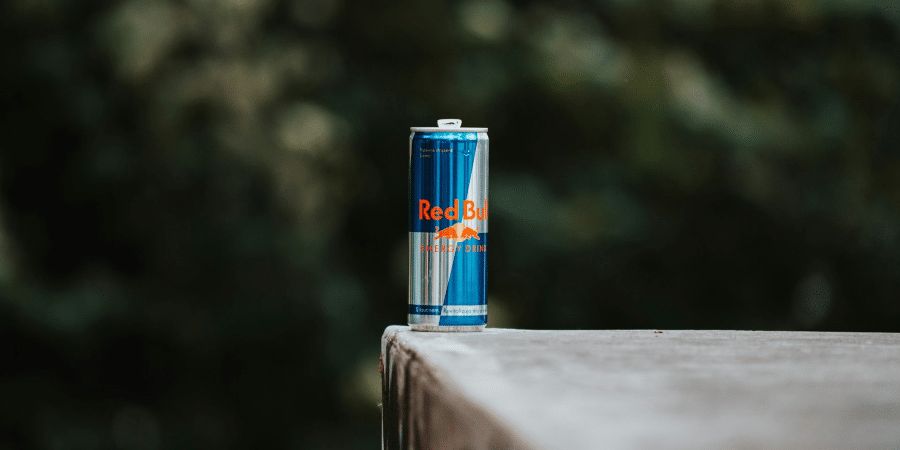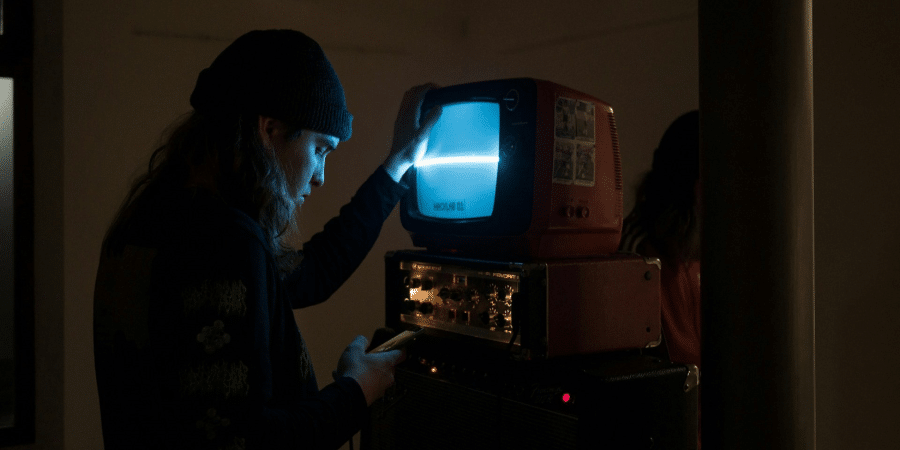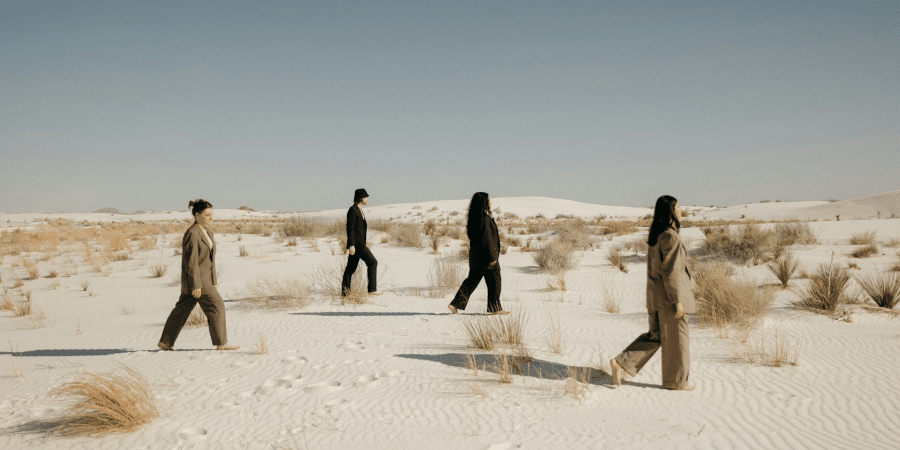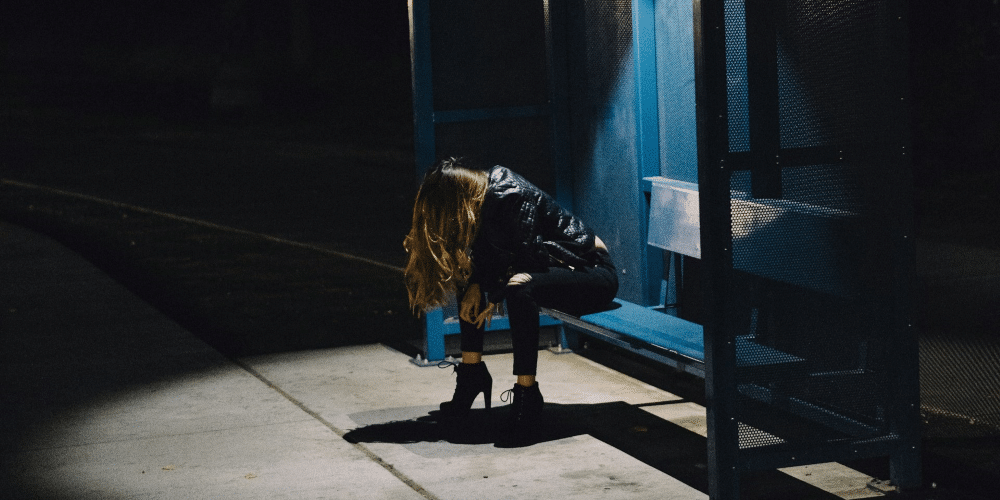The world of filmmaking is abuzz with technological advancements. From mind-blowing special effects to virtual reality set design, the tools at a director’s disposal are constantly evolving. But amidst this innovation, a new player has entered the scene – Artificial Intelligence (AI). While some hail AI as a revolutionary tool for streamlining the filmmaking process, Hollywood writers are starting to sweat. Why the concern? Let’s delve into the anxieties surrounding AI’s potential impact on the screenwriter’s room.
The Fear of Formulaic Fizzle: Can AI Capture the Magic?
One of the biggest concerns for writers is AI’s potential to churn out formulaic, uninspired scripts. AI systems are trained on vast amounts of data, which can be a double-edged sword. While this data allows them to identify patterns and structures in successful screenplays, it could also lead to predictable, cookie-cutter plots.
Writers worry that AI-generated scripts might lack the originality, wit, and emotional depth that make a film truly resonate with audiences. As a recent article in a screenwriter’s magazine pointed out, “The magic of storytelling lies in its ability to surprise and move us. AI scripts might mimic successful formulas, but can they capture the spark of human creativity, the unexpected twist, or the gut-wrenching emotional payoff? That’s the million-dollar question.”
The fear is that AI-written scripts will prioritize formulaic predictability over the human touch that injects heart and soul into a story.
The Erosion of the Craft: Will AI Replace Human Writers?
Another major concern is the potential for AI to replace human screenwriters altogether. The ability to generate scripts quickly and efficiently could lead studios to rely less on human creativity. Imagine a future where AI pumps out first drafts or handles repetitive scene descriptions, leaving writers to simply polish the dialogue. This scenario sends shivers down the spines of many screenwriters who fear for their livelihoods and the very essence of their craft.
An interview with a veteran screenwriter captured this anxiety: “Screenwriting is more than just stringing words together. It’s about understanding human emotions, crafting compelling characters, and weaving a narrative that resonates. AI might be able to mimic the mechanics of storytelling, but can it replicate the human experience, the vulnerability, the humor, the raw emotions that make a story truly come alive?”
The concern is that AI could become a crutch, diminishing the value of human creativity and the irreplaceable role of the screenwriter in crafting a film’s narrative heart.
The Future of Collaboration: Can Humans and AI Work Together?
Not all writers see AI as a looming threat. Some believe that AI can be a powerful tool to enhance the writing process, not replace it.
Imagine AI as a brainstorming partner, generating story ideas, suggesting plot points, or even providing feedback on existing drafts. This collaborative approach could free up writers to focus on the aspects of storytelling that AI might struggle with, like character development and emotional nuance. A recent blog post on the future of screenwriting offered this optimistic perspective: “AI can be a valuable asset in the writer’s room. It can handle repetitive tasks, research background details, or even suggest alternative story paths. The key is to leverage AI’s strengths while capitalizing on the irreplaceable power of human creativity.”
This vision proposes a future where AI and human writers work together, each playing to their strengths to create even more compelling stories.
The Final Take:
The rise of AI in Hollywood scriptwriting presents both challenges and opportunities. While the fear of formulaic scripts and job displacement is real, AI also has the potential to be a valuable tool in the writer’s toolbox. The key lies in finding a balance, a way for human creativity and AI’s analytical power to work together. Ultimately, the future of screenwriting doesn’t belong solely to AI or human writers – it belongs to a collaborative effort that leverages the strengths of both to bring captivating stories to life.




